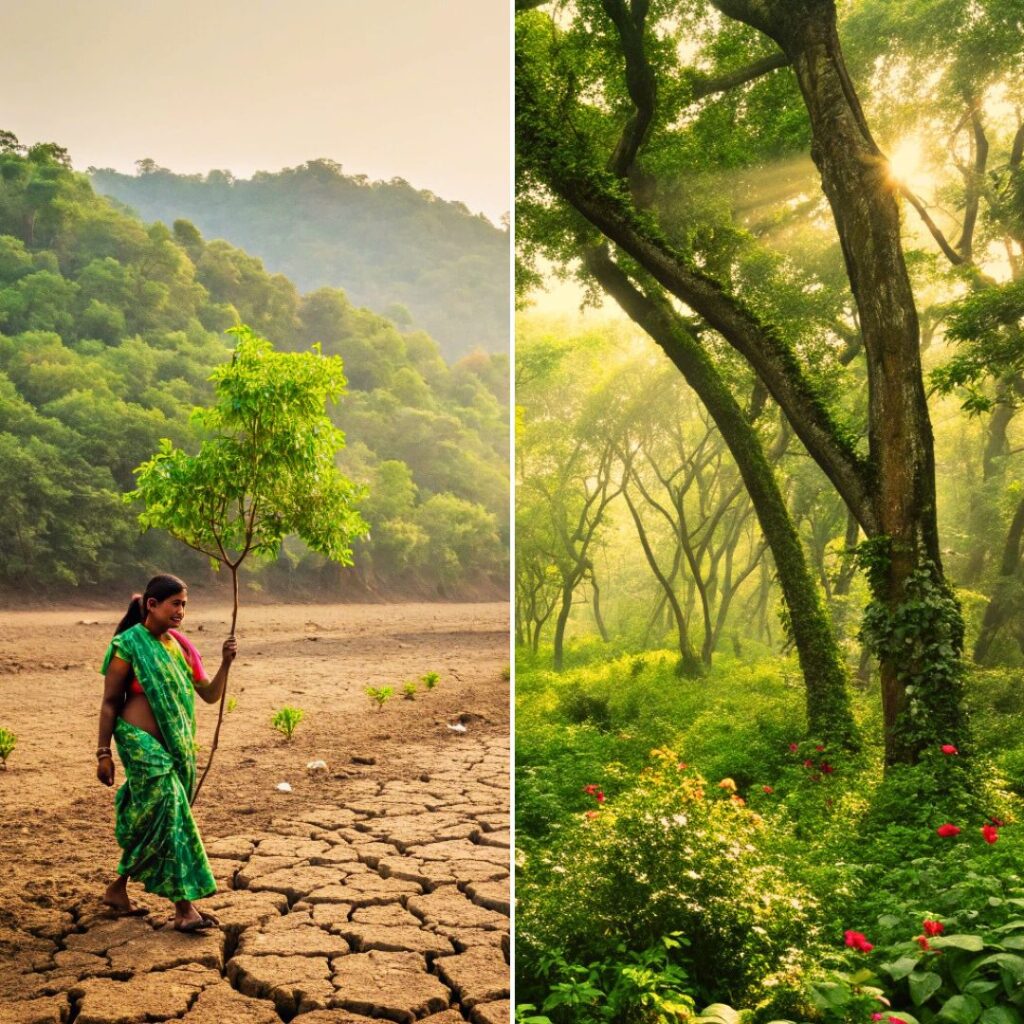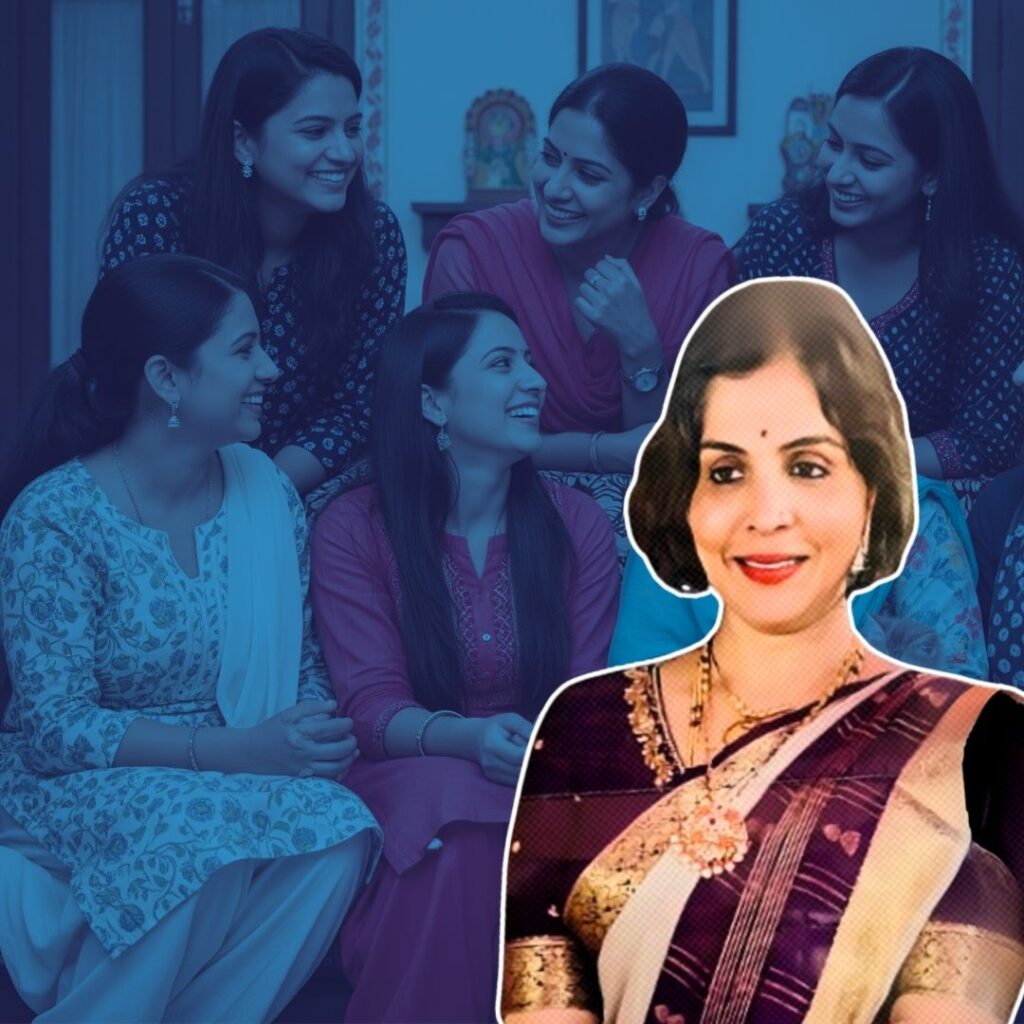Speaking at the 27th session of the Universal Periodic Review (UPR) working group at the UN Human Rights Council (UNHRC) in Geneva, Attorney General Mukul Rohatgi said in his opening remarks that India is a secular state with no state religion.
The UPR is an examination of human rights performance of all 193 UN member states. It takes place every five years where representatives from each country are required to respond to questions submitted by different states in an interactive dialogue. Rohatgi is one of the 112 speakers for India’s third attendance at UPR.
The report will be formally adopted on 9 May 2017. The UN’s 2012 review can be read here.
Below is a breakdown of the key issues raised by different states about India.
Restrictions on civil society
Various states including the US, Norway, Australia, Germany, Ireland, and the Czech Republic questioned India’s suppression of foreign funds for voluntary agencies.
The interventions came as India claimed at the UNHRC that it takes “pride in our vibrant civil society, media and impartial judiciary.”
AG Rohatgi #UPR3India : India has vibrant media, civil society and impartial judiciary. Says debate on AFSPA ongoing in the country
— Suhasini Haidar (@suhasinih) May 4, 2017
Ireland suggested that India reviews the Foreign Contribution Regulations Act (FCRA) in light of the restrictions on activists and human rights defenders working with minority rights groups, journalists and children.
The same was echoed by Germany and the Czech Republic, while expressing concerns over the treatment of minorities and NGOs. They recommended that India reviews FCRA, implements Human Rights commitments, and looks into “arbitrary shutdown of NGOs”.
Germany: Concerned over treatment of Minorities, NGOs, calls for India to review FCRA, implement HR commitments #UPR3India
— Suhasini Haidar (@suhasinih) May 4, 2017
Czech Republic joins nearly a dozen countries calling for review of FCRA law, calls govt action on NGOs ‘arbitrary shutdowns’ #UPR3India
— Suhasini Haidar (@suhasinih) May 4, 2017
Defending India, Rohatgi did not refer to the concerns raised about the FCRA specifically, but maintained his stand that activities of human rights defenders and NGOs should be “within the Indian law”.
India #UPR3India defends criticism of FCRA: says that civil society organisations must work within Indian law
— Suhasini Haidar (@suhasinih) May 4, 2017
Several Western countries, including Italy, the Vatican, Canada and the Netherlands, expressed concerns over the misuse of anti-conversion laws which fuel violence against persons belonging to religious minorities.
Netherlands #UPR3India : Calls for womens reservations bill, and to ensure against attacks on religious minorities
— Suhasini Haidar (@suhasinih) May 4, 2017
.@NLinGeneva to @IndiaUNGeneva in #UPR3India on freedom of religion, attack on journalists & independent judiciary. Live telecast 5PM today pic.twitter.com/iQlxokJjJO
— WGHR (@WGHR_India) May 4, 2017
The UK recommended that India enact the Prevention of Communal and Targeted Violence Bill which was dropped by the previous UPA government.
UK #UPR3India : Bring Communal violence bill in parliament,enforce rights of children.Look to India to guarantee rights to all as per constn
— Suhasini Haidar (@suhasinih) May 4, 2017
The country also came under fire from Pakistan over the treatment of minorities.
Pakistan #UPR3India : India must address violence against minorities and mob violence by groups affiliated to the government
— Suhasini Haidar (@suhasinih) May 4, 2017
In his opening statements, the AG mentioned Article 30 of the constitution which gives minorities the right to establish and administer educational institutions. “Some of India’s most famous institutions of academic excellence are minority institutions,” he said, “safeguarding the rights of minorities forms an essential core of India’s policy.”
AFSPA
The US welcomed the Supreme Court’s 2016 judgement on the Armed Forces Special Powers Act (AFSPA) which observed that the Indian army and paramilitary personnel cannot use “excessive and retaliatory force” in Manipur and such instances must be probed. At the same time, the country also criticised the continued impunity on abuse allegations against security personnel.
The Swiss diplomat suggested that Indian revises AFSPA “to bring it into line with the obligations of the International Covenant on Civil and Political Rights to combat impunity”.
#Switzerland: Concerned by crackdown on #civilsociety using #FCRA; attack on minorities; alarmed by spl powers of armed forces #UPR3India
— Amnesty India (@AIIndia) May 4, 2017
In line with previous reviews, AFSPA was a key concern among various nations. The topic was raised in the 2012 UPR as well.
In his reply, Rohatgi pointed out that AFSPA is an “ongoing debate” in the country and …











